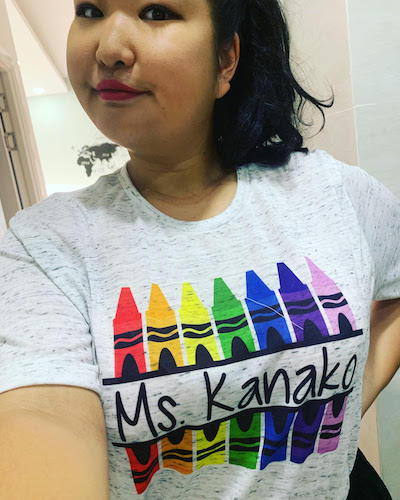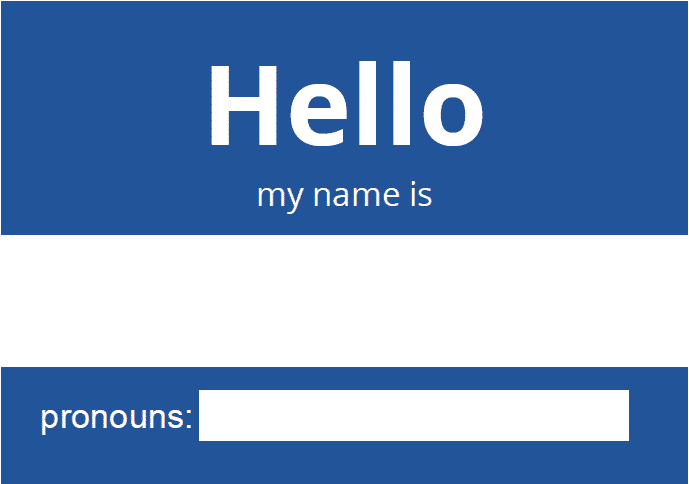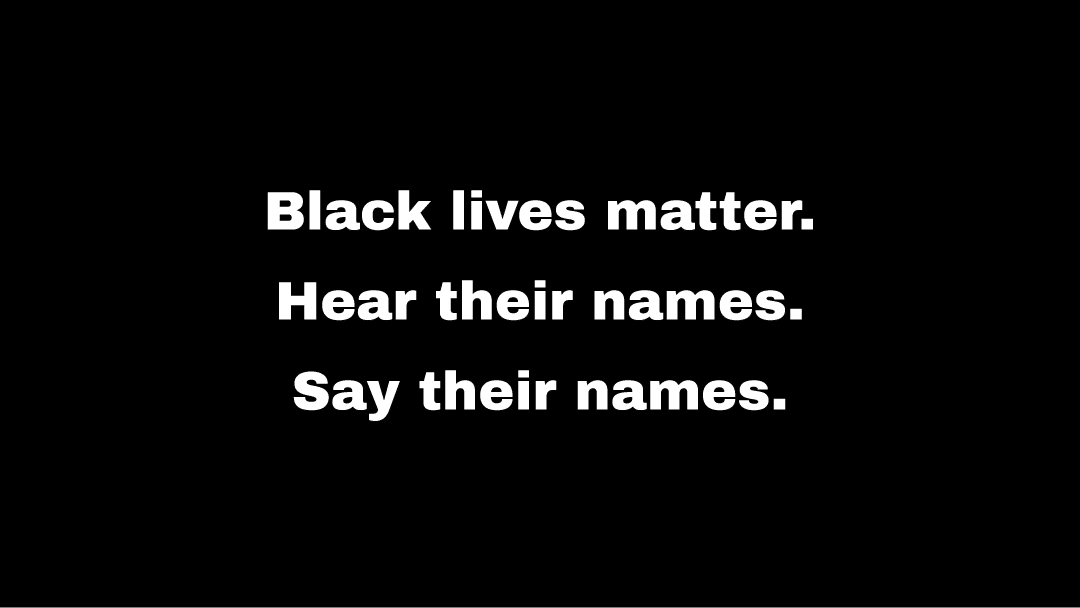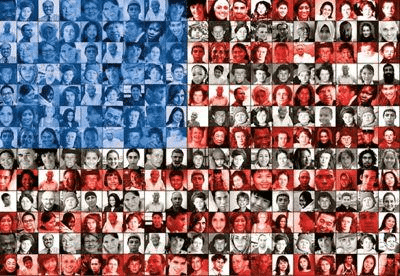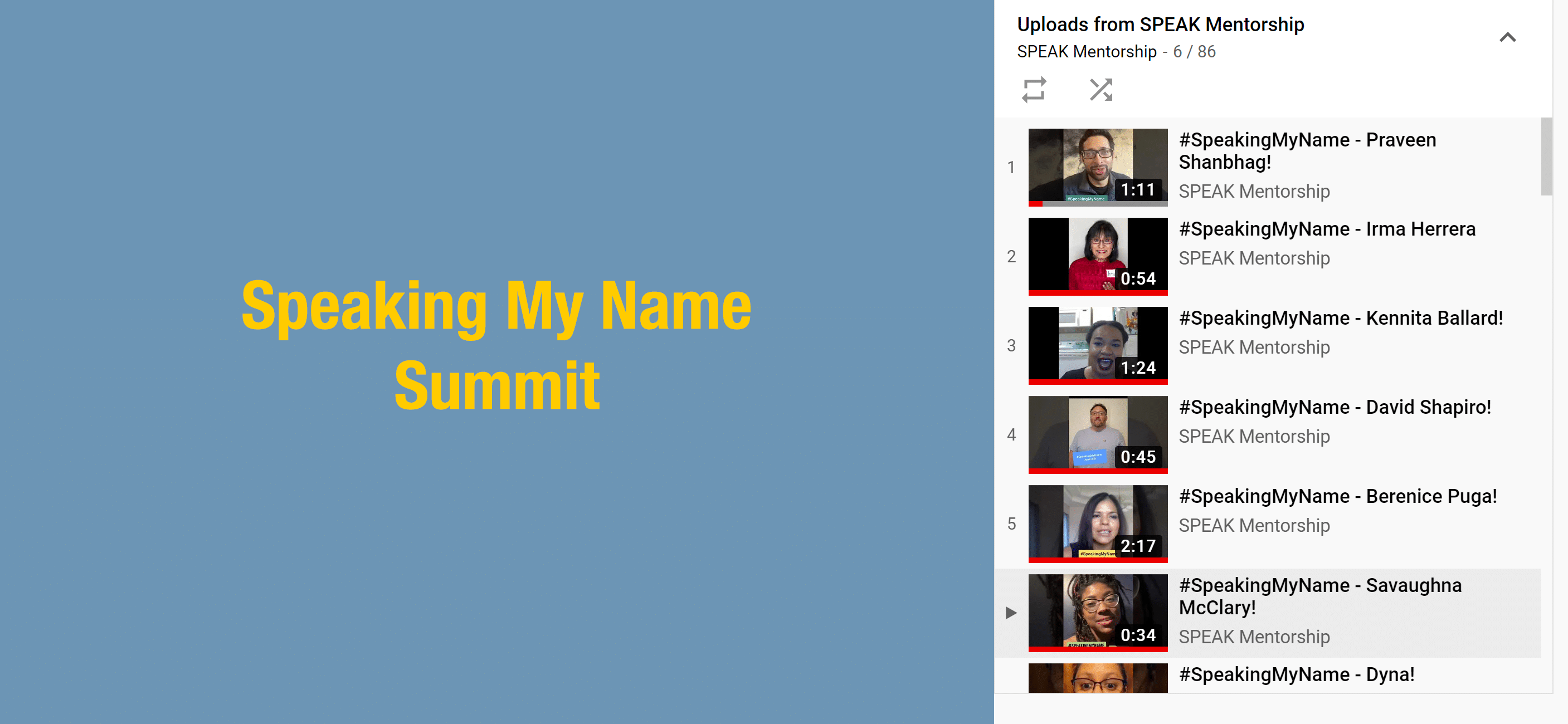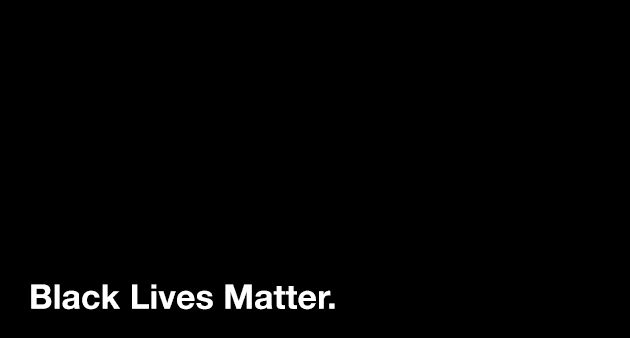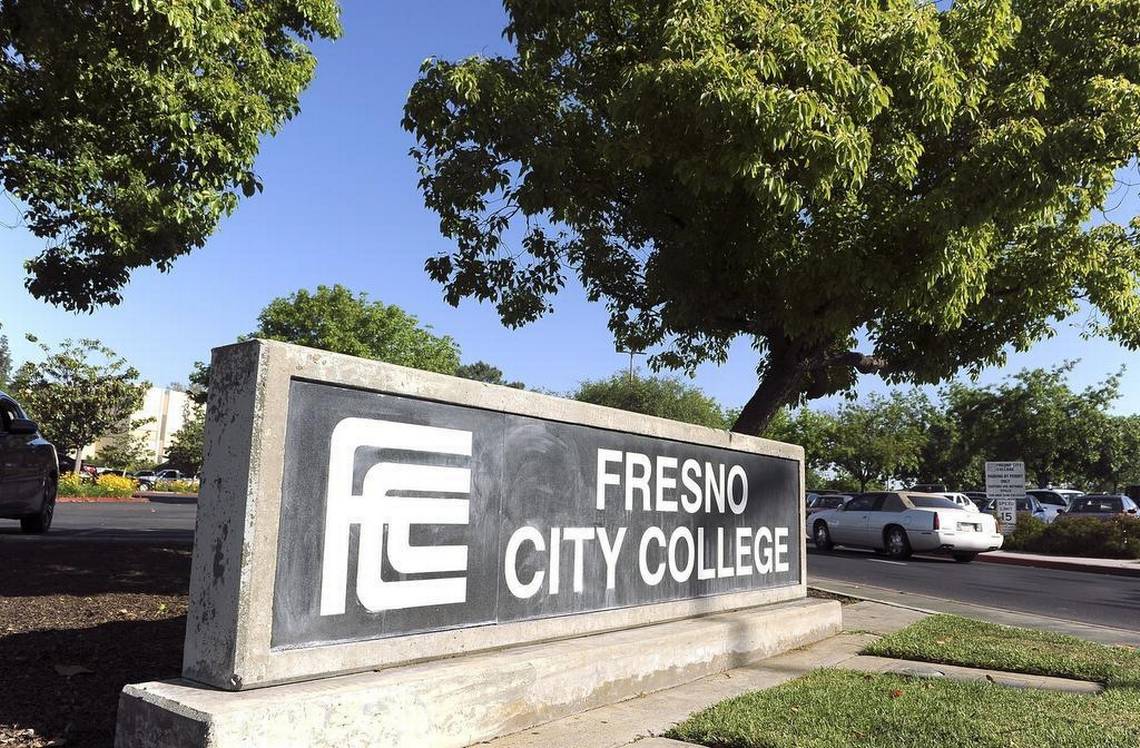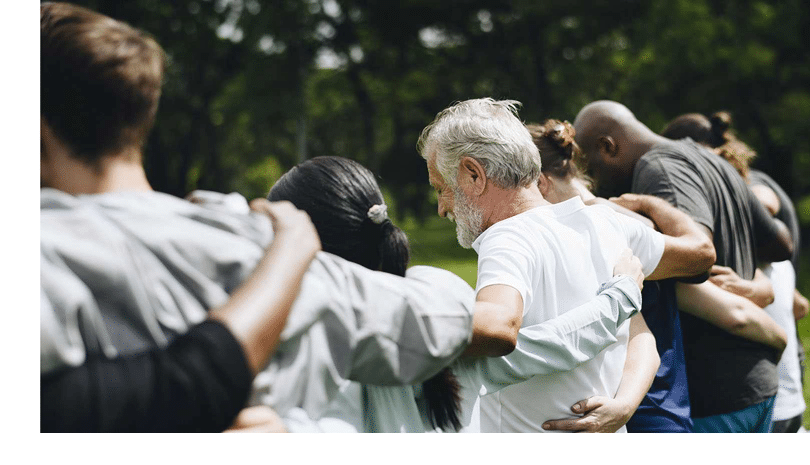 NameCoach Guest Blog
NameCoach Guest Blog
– By Tom Black, Assistant Vice Provost, Johns Hopkins University
The pursuit of social justice is on everyone’s mind these days. Mostly it is thought about in the context of destroying systematic cultural and economic practices that were intended to advantage select individuals within our society. These practices are and have been unfair and inequitable, and we are now grappling with how to change them, as well as what they will become and what to change them to.
This on its face seems to be an insurmountable task. How do we change systematic practices that have in some cases been observed for centuries? One of the ways to begin is to ensure that we humanize and personalize the offended and afflicted. Interestingly enough, this humanization begins with the name. Lately we are speaking the names of individuals who have been most unjustly wronged. This vocalization is an important step: hearing and saying their names gives people an opportunity for the awareness to sink in, for the words to fall over them. They are not just passing names in print; we speak them to promote what should be obvious, but too often isn’t to some, the recognition of their humanity.
In fact, we have been reminded that saying people’s names, and saying them correctly, is in itself a matter of social justice. Respecting race, ethnicity, background, identity – and more importantly their humanity – starts with their name. What recently transpired at Laney College regarding the pronunciation of a student’s name was just the latest, public example of this. It was heartening to see students and others recognize the underlying racism and exclusionary thinking for what it was.
We cannot afford to allow the privileged to set the rules on this. We cannot believe it is okay to speak and recognize just the names of the privileged and not every individual. This otherness is a seed from which injustice grows. We should eliminate permission for people to avoid speaking, change, or mispronounce another’s name.
So, let’s pronounce our names correctly, and by doing so, show respect for each other. Let’s start there, with that small step! Let us each take the time, expend the effort and recognize each other on equal footing – through accurate pronunciation of names.
As an administrator at both Stanford and Johns Hopkins, I have had the opportunity to support this small but important change, by helping make this a campus norm. NameCoach helped us accomplish that. By hearing the names, how they are accurately pronounced, and taking the time to practice and learn them, we develop the phonological skills which are good in their own right; but more importantly, when we properly address others in our human family, we show them that they matter and they deserve our respect. Not doing something, not enabling this shift in norms, continues to give permission to the status quo, in which the privileged implicitly set the rules.
For the life of me, I don’t know why this practice wouldn’t start at the beginning of grade school. Students should say and hear each other’s names and appreciate how important and unique they are. They should practice them just as they practice the phonetics necessary for reading. They should note the many traditions that shape the letters that make up their sounds. They should appreciate how names and their sounds feel to the individuals to whom they belong. And, they should come to appreciate how names are fundamental building blocks to the formation of one’s identity
Let’s pursue social justice one person, one name at a time.

